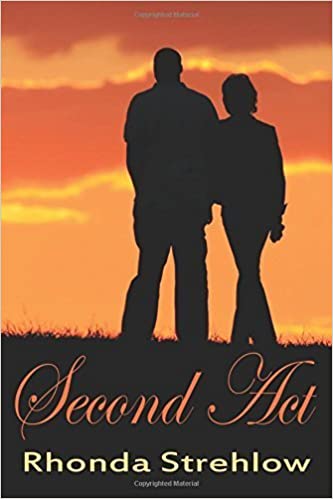By Terry C. Misfeldt
How you craft descriptions of your characters is an important element in gaining and maintaining reader interest in your story. Character descriptions vary from quick sketches to detailed revelations that can include emotional states.
An example of a quick sketch would be describing a female character wearing a sleeveless top with colorful tattoo sleeves from shoulder to wrist on both arms. Main character? Perhaps, but more appropriate for a passing stranger in some scene.
The more detailed character description might be something like this: “The plump four-year-old towhead with sparkling blue eyes and out-turned feet plodded barefoot through the mud with his tossled hair clinging to the back of his sweaty neck. His bleeding hand was wrapped in his blood-soaked t-shirt that he held tight to his chest with his belly hanging over the waistband of his too-tight shorts.”
The point of the examples is writers need to create believable characters with precise descriptions. The scene in the second example is used more to describe what might be going on in the towhead’s brief existence, but you learn he is blond with blue eyes and is overweight for a 4-year-old.
Beware: You can divulge too much information about a character in a single description or scenario. This may force you to repeat traits or descriptions at other points in your story that could potentially conflict with your original picture of them.
Suggestion: Identify your characters and write character descriptions on each of them before you dig too deeply into writing the story. This enables you to sprinkle some of their traits throughout the story at appropriate times rather than all at once.
Observe people who may model the type of character you want to create. Take notes about how they move, what they wear, and, of course, what they look like. Writers call it research.

